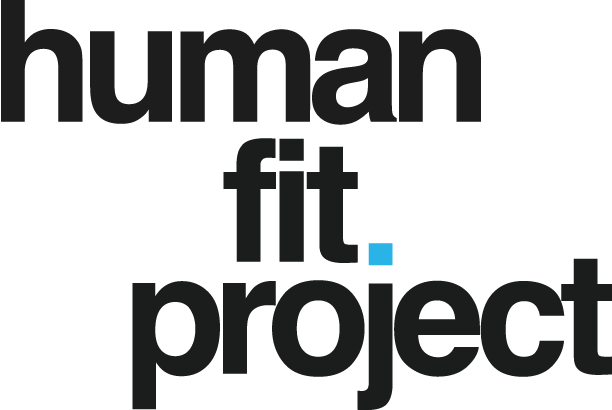Simply put: Social media causes depression because of comparison traps. When we’re not aware of how we’re using it and why we’re using, it can quickly lead to feelings of inadequacy.
I have a love-hate relationship with social media. I believe that my ability to use social media early in my career led to jobs and opportunities. But on the flip side, I’ve personally grappled with the negative impact of social media, allowing my perceived lack of “success” online to influence my self-worth. And I know others feel or have felt this way too. But it doesn’t have to be this way.
Here are some of thoughts on why social media might be affecting your mental health negatively and how you can stop it.
Related: 10 ways to get out of a negative thought spiral
The Social Media Comparison Trap
Studies have shown a correlation between heavy social media use and increased feelings of depression, anxiety, loneliness, and low self-esteem. These negative impacts often result from the comparison trap: scrolling through idealized representations of others’ lives and feeling inadequate in contrast. The constant exposure to other people’s highlight reels can distort our perspective and breed discontentment with our own lives. And research agrees, check out this piece about depression reaching all-time highs.
When Social Media Causes Depression, Break Free
Being aware that social media is affecting you is the start, the next step is an action plan for making it stop. Here’s what I believe in:
Limit your social media use: Set a daily limit on how much time you spend on these platforms. Never first thing in the AM or before bed.
Digital detox: Take a break from social media from time to time. Use this time to engage in activities that nourish your soul and help you reconnect with yourself. For me it’s getting in the ocean or working out.
Follow responsibly: Be selective about who you follow. Make sure that your feed is filled with positivity and inspiration rather than comparisons and negativity. I clean out who I follow regularly. Am I getting value and/or are they genuinely my friend?
Practice gratitude: Regularly expressing gratitude for what you have can help combat feelings of inadequacy and dissatisfaction. I like the Gratitude Jar app.
Seek professional help: If you find it challenging to cope, don’t hesitate to seek professional help. Coaches or therapists can provide strategies and tools to navigate these feelings.
Focus on your fitness: Put down your phone, and pick up some weights. Try one of our 35+ free workout plans for different goals and ability levels.
While social media can connect us with others and provide valuable information, it can also distort our self-perception and contribute to feelings of depression. Recognizing this and taking proactive steps to manage your social media use can significantly enhance your mental well-being. Remember, it’s crucial not to equate your self-worth with your online presence or perceived success.
Got a question or feedback? Hit up Mike on Instagram
